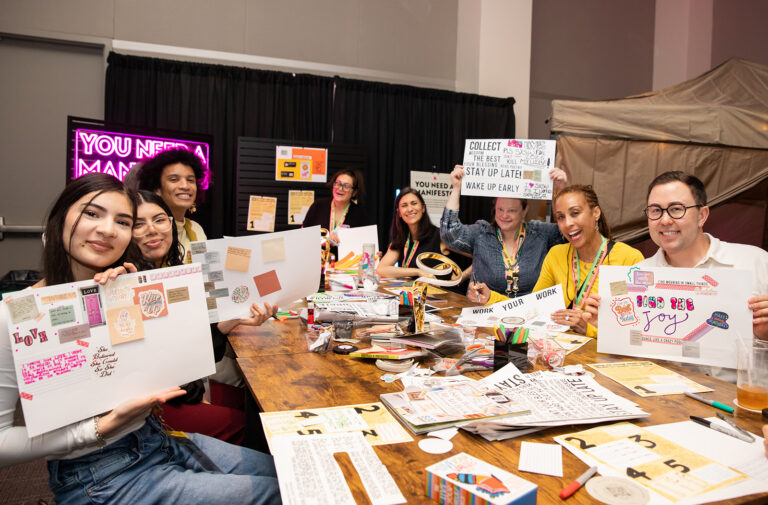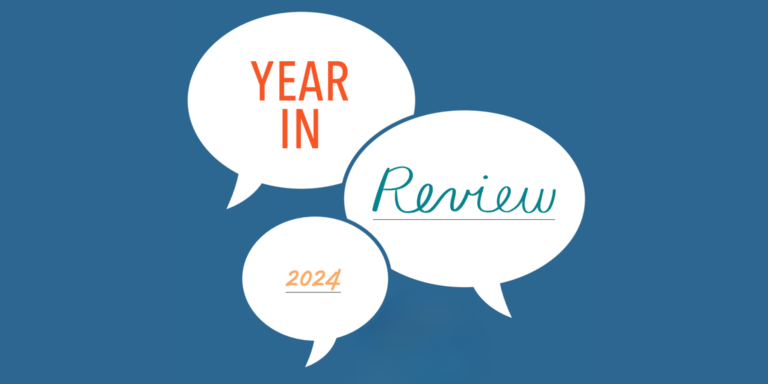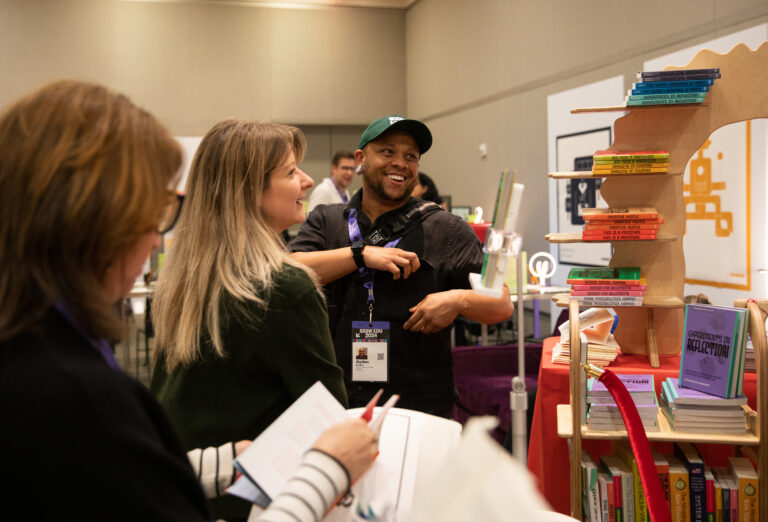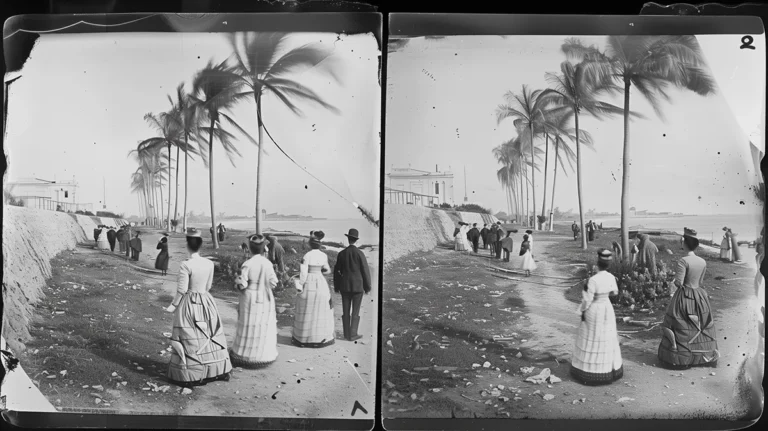by Thea Charles
Thea is currently pursuing her PhD in History of Science at SUNY Stony Brook, and her role at SFE involves defining the theoretical framework for our interest areas and developing metrics to serve as meaningful reflection points throughout the grant cycle. Today marks her one year anniversary at SFE, and in honor of that milestone — and in recognition of all the changes we’ve undergone as an organization — she’s provided her reflections on the influences that have helped shape her work and interests at the organization and beyond.
In my college application essay, I compared my life to the blinking cursor at the start of a blank Word document. I was excited to begin writing the story of my life. Of course, my life story wasn’t actually blank up to that point. The family I was born into and the experiences I had in my 16 years of life before even applying to college was a story all its own. I’d thought of my experience up to that point as a sort of blank slate — but what I never considered was the fact that the story up to that point would end up playing a bigger role in the trajectory of my career than even the college degree I was applying to study for.
Education was taken extremely seriously in my Caribbean family. Before we were old enough for school, our days were filled with worksheets about the alphabet and memorizing multiplication tables with my grandmother. My grandmother stopped going to school early, but she understood the importance of education and imparted that belief to her children and her children’s children.
Because learning — even if it was sometimes a bit informal — played such a prominent role in my life from such a young age, it is not completely surprising that I ended up working in education. But it didn’t always look like it would turn out that way — I completed undergrad with a degree in engineering, but as I prepared to enter the workforce, I considered my options: I could have been one engineer in a field where not many people looked like me, or I could inspire more kids that did look like me to become engineers. I chose the latter and applied to New York City Teaching Fellows.
For two years, I was a teacher in Harlem, and then became a planning associate with the New York City Department of Education. After gaining administrative and policy experience in that role, I went on to work as a project director at an organization that provides programming for girls from under-served neighborhoods. Thanks to that experience, I developed a new set of non-profit and management skills. Halfway through finishing my PhD on the history of science education, I started exploring other ways that I might contribute to the field of education, and decided to apply for a research position with Siegel Family Endowment.
After joining the team, I realized the winding educational and career path that led me to SFE does not mirror that of any of my colleagues’, and I came to recognize the value in that. The fact is, none of us has a career path that follows the sort of straight-line trajectory that might obviously bring us to this place. And ultimately, our varied experiences encourage us to collaborate more fully, as we each contribute uniquely to advancing our mission. Additionally, because we are not content experts in the foundation’s program areas, we have developed an environment that’s open to constant learning. I believe SFE continuously evolves not only because of the differences in our professional backgrounds, but because we’re all committed to learning and continuing to grow as individuals.
In engineering, there is often an end point where calculations have led you to a perfectly sized wastewater storage tank, or a remediation plan for a polluted waterway. However, learning, education, and technology are three fields that have many multi-layered, complex, and challenging problems that are deeply intertwined. Working at SFE has helped me to pair my own engineering-trained solution-mindedness with open-mindedness, and it’s this pairing that has guided my development of SFE’s Learning & Development program. Assuming that metrics alone could singlehandedly solve problems in the complex interest areas we fund goes against our organizational value of humility — instead, our findings guide our thinking, which in turn informs our next steps and future investments.
In learning and education trends, the pendulum too often swings from one extreme to the other — typically between the mental discipline model that was dominant at the end of 19th century to the progressive, holistic approach that emerged in the early 20th century. As this oscillation between educational theories repeats through history, it’s my goal that SFE’s research agenda revolve around funding organizations that have a multifaceted approach to problems — not wholly based in one philosophy or another. The diversity of background and experience that makes our team so strong directly informs this thinking, and clarifies why we aim to be multidisciplinary in everything we do.
I envision a culture of learning at SFE that preserves and gives voice to the varied ideas, experiences, and perspectives of our team. It is also my goal that this perspective be mirrored in a widely and broadly varied portfolio of grantees. My experiences and background contribute significantly to how I approach research, evaluation, and learning at SFE, and I’m grateful to work at a place where that perspective is valued and respected. During my first year at SFE, I have come to realize that my vision for learning and development at a foundation will involve many challenges — but I believe that our struggles determine our successes, and I look forward to the next year with confidence that SFE is going in the right direction.





